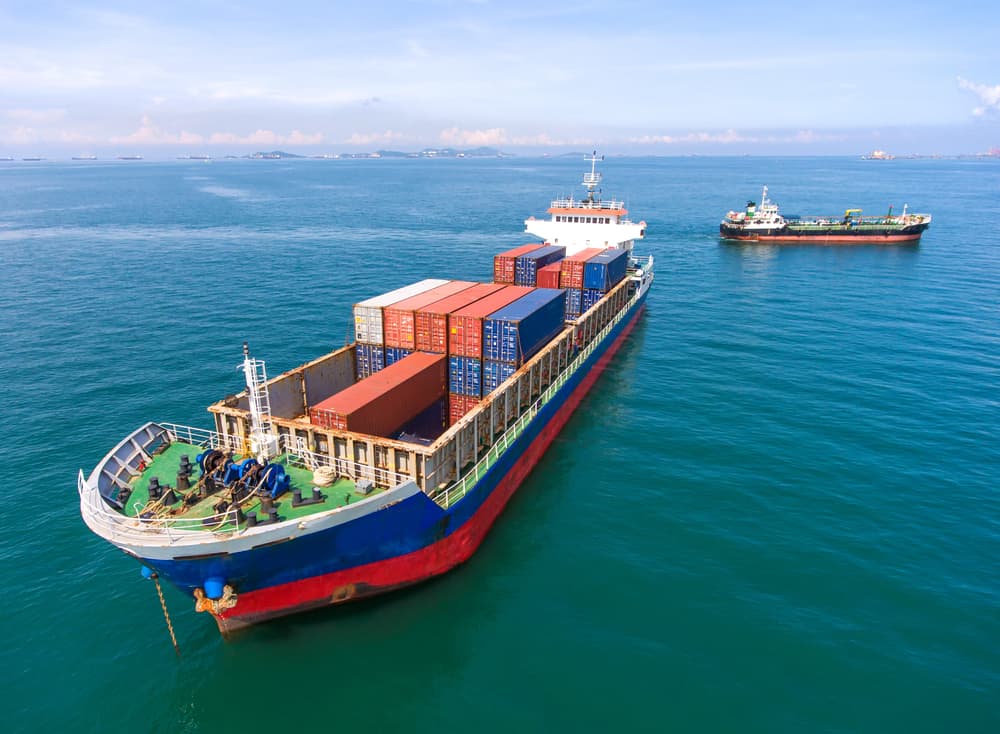Colombo: A Chinese firm is pushing for economic sanctions to be imposed on Sri Lanka, including restrictions on tea imports for rejecting their consignment of organic fertiliser stocks, a move that comes when the island nation is in the midst of a severe economic crisis, a media report said Thursday.
In September, the Sri Lankan government had rejected a 20,000-tonne consignment of organic fertiliser stocks from Shandong-based Qingdao Seawin Biotech Group Co. Ltd over “what Chinese sources call shady claims of quality issues.”
Nevertheless, the Sri Lankan government decided to pay USD 6.7 million to the Chinese firm.
But the firm said the episode had ‘damaged their reputation’, The Daily Mirror newspaper reported, ahead of the planned visit of Chinese Foreign Minister Wang Yi to Colombo from January 8 to 9.
Discussion on this issue is expected during the visit of Wang here, the report said.
Interestingly, Wang’s visit will mark the 65th anniversary of China-Sri Lanka diplomatic relations and the 70th anniversary of the Rubber-Rice Pact between Colombo and Beijing.
Top officials at Seawin Biotech have approached the Shandong Provincial government to put pressure on the Chinese government to impose sanctions on Sri Lanka, the report said.
The Chinese firm is also planning to escalate this issue on an international level, by lodging an official protest to several international institutions, and demanding restrictions on the import of Sri Lankan tea, the report said.
Earlier this month, Seawin Biotech had also launched an international arbitration against Sri Lanka on this issue in Singapore.
The firm has also claimed that the bidding involving the dispute over imported fertilisers was dubious and shady, and it involved breaking business rules and hiding the truth from the public.
According to the Daily Mirror report, Seawin Biotech has urged other Chinese firms not to trust Sri Lankans, and even asked them to obtain payment in advance before undertaking transactions.
Earlier this month, US-based ratings agency Fitch downgraded Sri Lanka’s sovereign rating to ‘CC’ from ‘CCC’, saying there was an increased probability of default in the coming months in light of the country’s worsening external liquidity position, underscored by a drop in foreign exchange reserves.
The row over organic fertilisers has turned into a major diplomatic spat between the two close allies.
Considering Sri Lanka’s geo-strategic location, China has pumped in billions of dollars of investments in the island nation.
China’s acquisition of Hambantota port for a 99-year lease has raised alarm bells around the world over its debt diplomacy under its multibillion-dollar Belt and Road Initiative, especially in smaller countries over and above their capacity to repay.
Sri Lankan scientists, however, questioned the quality of Chinese fertiliser consignment, saying that instead of helping, it could prove harmful to the crops.
“Our tests on the samples showed that the (Chinese) fertiliser was not sterile,” Dr Ajantha De Silva, director-general, Sri Lankan Department of Agriculture, told the BBC last month.
“We have identified bacteria which are harmful to plants like carrots and potatoes.”
After the fertiliser stocks were rejected, a Sri Lankan court instructed the People’s Bank not to pay the Chinese firm.
Subsequently, the Economic and Commercial Office of the Chinese Embassy in Colombo blacklisted the People’s Bank for failing to make the payment, according to the Letter of Credit and contracts between the two parties.
PTI
